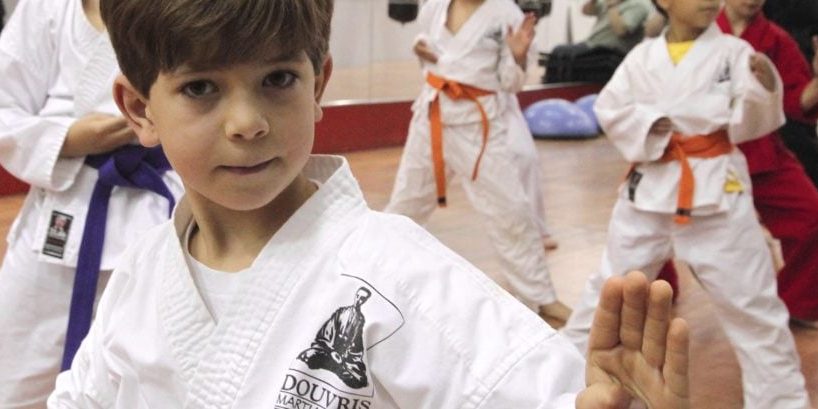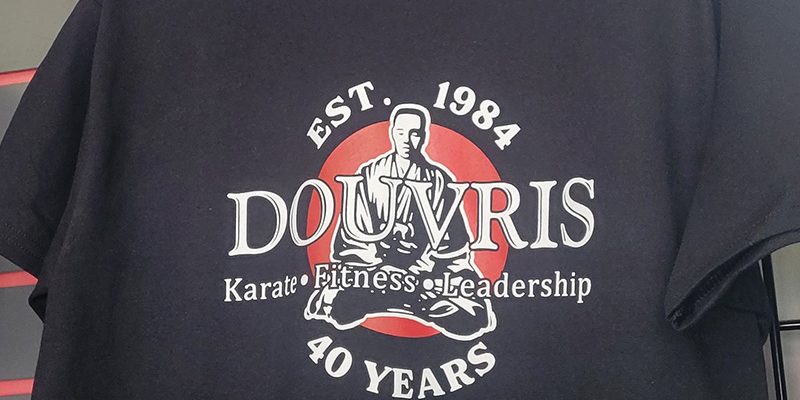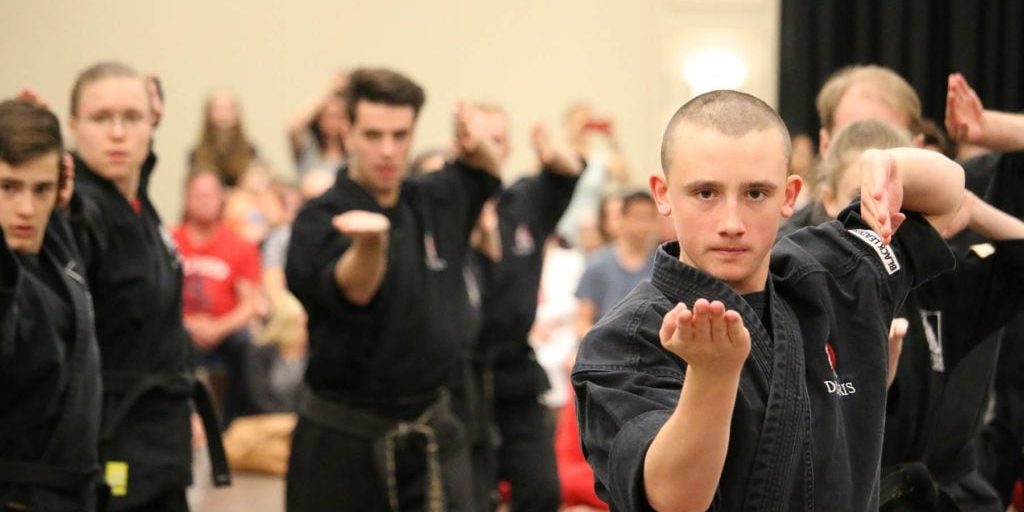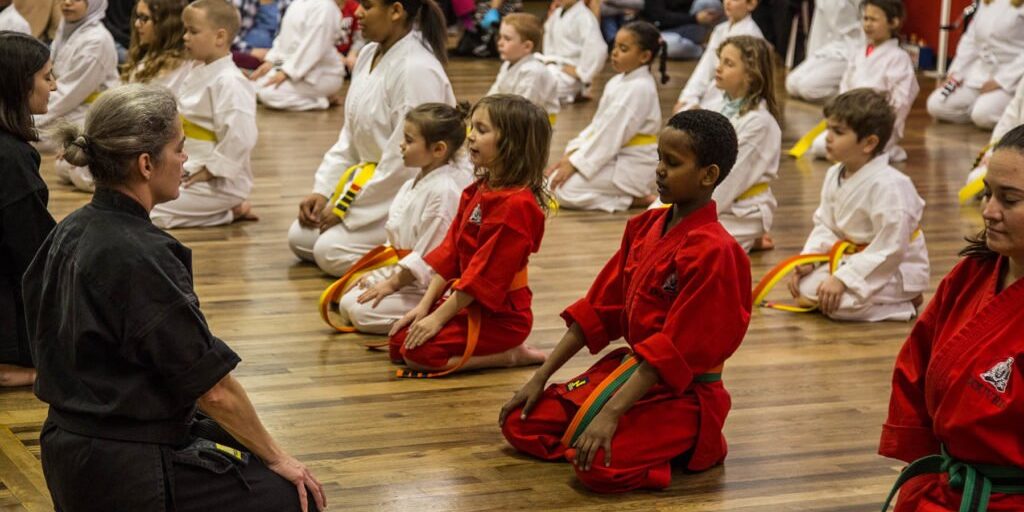Karate Age Limit: What Is the Best Age to Begin?
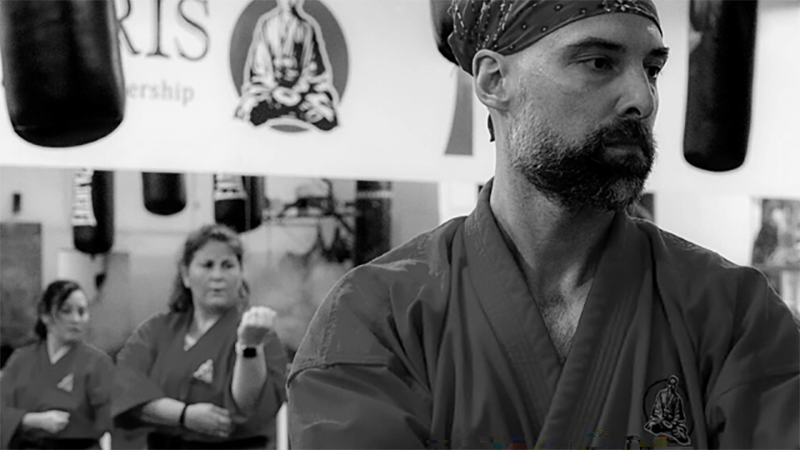
Feeling like your time has passed to put on that gi? Unsure if your young one is old enough to grasp the lessons? The beautiful thing about karate is that there is absolutely no age limit. The best age to start karate training is when you want to start karate training. Many train for long in the dojo, but the day that you begin that journey is entirely up to you.
Karate Provides Benefits to Those of All Ages
The benefits of karate can be composed into a list of great length, but all relate to both your physical health and mental health. Both of which, are important to work on at any age in life.
The Perks of Starting Karate Later in Life
Many of the benefits that come from karate remain regardless of which age you begin. However, as an adult, there are some key additional benefits that just do not come to those of a younger age.
Whether feeling overwhelmed at work or working through an issue in your personal life, karate can act as an incredible outlet to destress. When in the dojo, focus is imperative to remain centered and maintain your sense of kata. This is achieved by tuning out the outside world and letting your brain zero in on the activity at hand. By doing so, it provides a mental break from things that may be causing your head some discomfort. It also allows you to then approach these mental stressors with a fresh, new mindset.
Additionally, taking on karate at a time later in life can help you overcome boundaries that you are in any way constrained by your age. It is a common thing to follow along mentally with the idea that you may be ‘too old to do that’. Karate works as a way, both physically and mentally, to prove to yourself that this is not the case. Unlike other classes and training, karate works at a pace that you set for yourself. With that, it allows you to listen to your body, work on yourself in ways that work for you, and train at a level that you are comfortable and confident with.
The Benefits of Starting Karate Young
The core benefits of beginning karate young are more-so mental than physical. When learning an art form as a child, it tends to be that the lessons taught and foundations built become much more engrained than if taught later in life.
Karate very much so allows you to become in touch with yourself, and what you are able to achieve. Through the concepts of goal setting, self-discipline, and goal setting, children are able to visualize a path to their martial arts success. More importantly, these goals are incredibly transferrable into daily life. Whether that be in school, at home, or in other extracurriculars.
In addition to working on oneself, karate also has many social benefits. The focus on respect is always prevalent in the dojo, but is also set very early on. Students must have respect for their peers and their senseis. This can be shown through communication, teamwork, or completing tasks. Again, all of which have a direct correlation to life outside of the dojo. Specifically through teachers, friends, and parents.
How to Get Started With Karate
Douvris Martial Arts offers curated karate and martial arts programs for those of all ages.
- Tykes Karate is designed for children ages 4 to 6. It guides students through the basic karate techniques and helps build a foundation for many important life skills.
- Kids Karate is designed for children ages 7 to 12. It provides a fun martial arts curriculum for beginners, helps increase fitness levels, and places emphasis on street smarts.
- Youth Karate is designed for teens ages 13 to 18. It provides a complete approach to training in martial arts with a main focus on building skills and techniques.
- Adult Karate is designed for those 18 years and older. Focus is shed on include improving fitness levels, learning self-defense techniques, and feeling motivated in a fun and friendly environment.
You can get a feel for our karate classes with no commitment required through our trial offers
Please note this article is based on our own thoughts and have not been formally approved by a healthcare or fitness professional.

